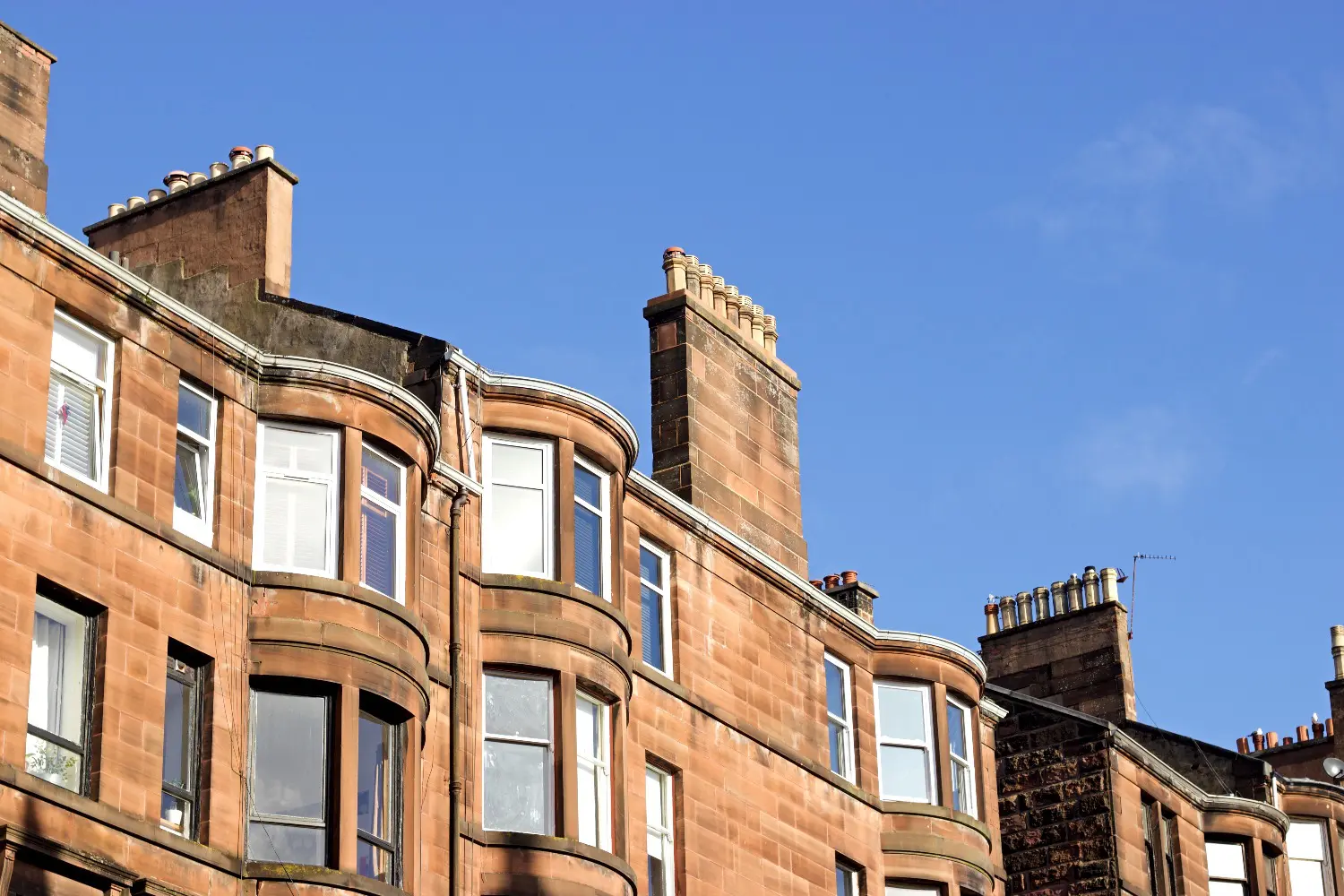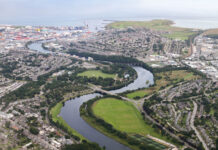
A Glasgow City Council committee has accepted a Scottish Government award of £6.845 million to increase the energy-efficiency of homes in Glasgow.
This year’s funding – the area-based schemes have been running for 13 years – will support the work being carried out through the Heat in Buildings: Area Based Schemes (HiBs:ABS) programme, which sees an area-based approach to tackling fuel poverty and improving energy efficiency.
The HiBs:ABS programme provides funding to assist owner-occupiers and people or families living in private rented homes, who are either experiencing or at risk of fuel poverty, to install energy-efficiency measures through implementing a ‘fabric first’ approach.
The programme is targeted at areas more likely to have fuel-poor households in Glasgow: including neighbourhoods within the lowest 25% Scottish Index Multiple Deprivation (2020); in council tax band A-C and Tax Band D in certain conditions; in mixed-tenure blocks in the area of operation of registered social landlords (RSLs); and where people are living with vulnerable conditions to the cold.
Through the programme, work is underway with housing associations to support owners in mixed-tenure blocks to allow them to benefit from external wall insulation, and where these works have previously been completed, grant funding can assist with additional fabric elements and ‘decarbonising’ heating and hot water systems. If feasible, the programme can also deliver energy-efficiency measures to pre-1919 tenements, the council said.
In terms of identifying the range of improvements that could be made through this programme, a data-led approach is taken – considering house construction type, area of the city, and whether previous works have taken place. This approach means that viable projects can be developed at scale, the local authority added.
Councillor Ruairi Kelly, convener for housing at Glasgow City Council, said, “The work being carried out through the programme is important, reducing energy bills for many households and cutting emissions. The new funding for 2015/26 will mean even more people and families will see the economic, environmental and social benefits coming to Glasgow through this work.”








